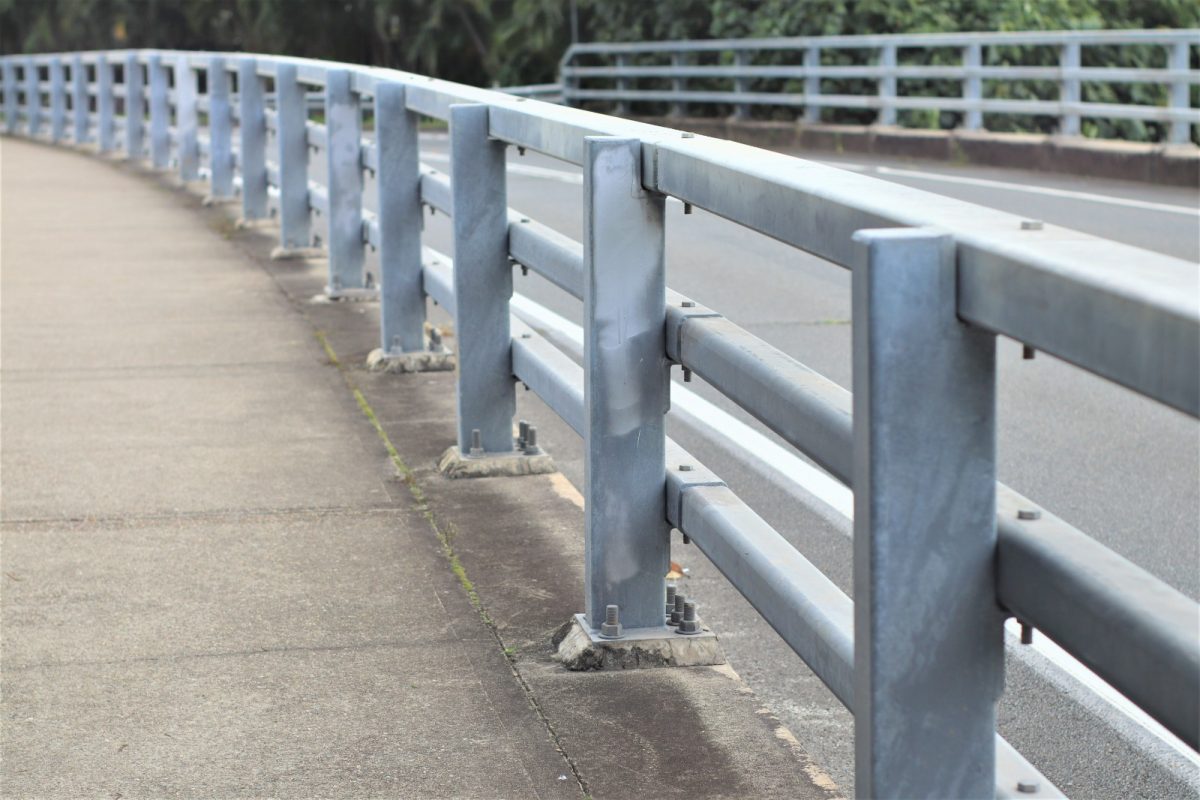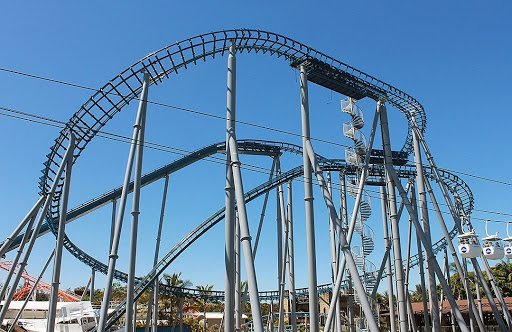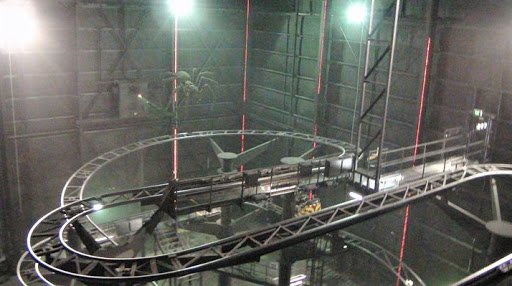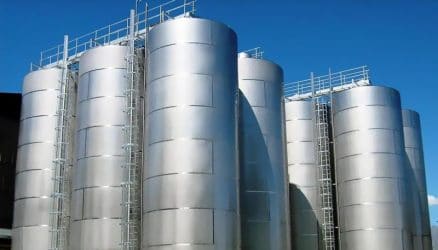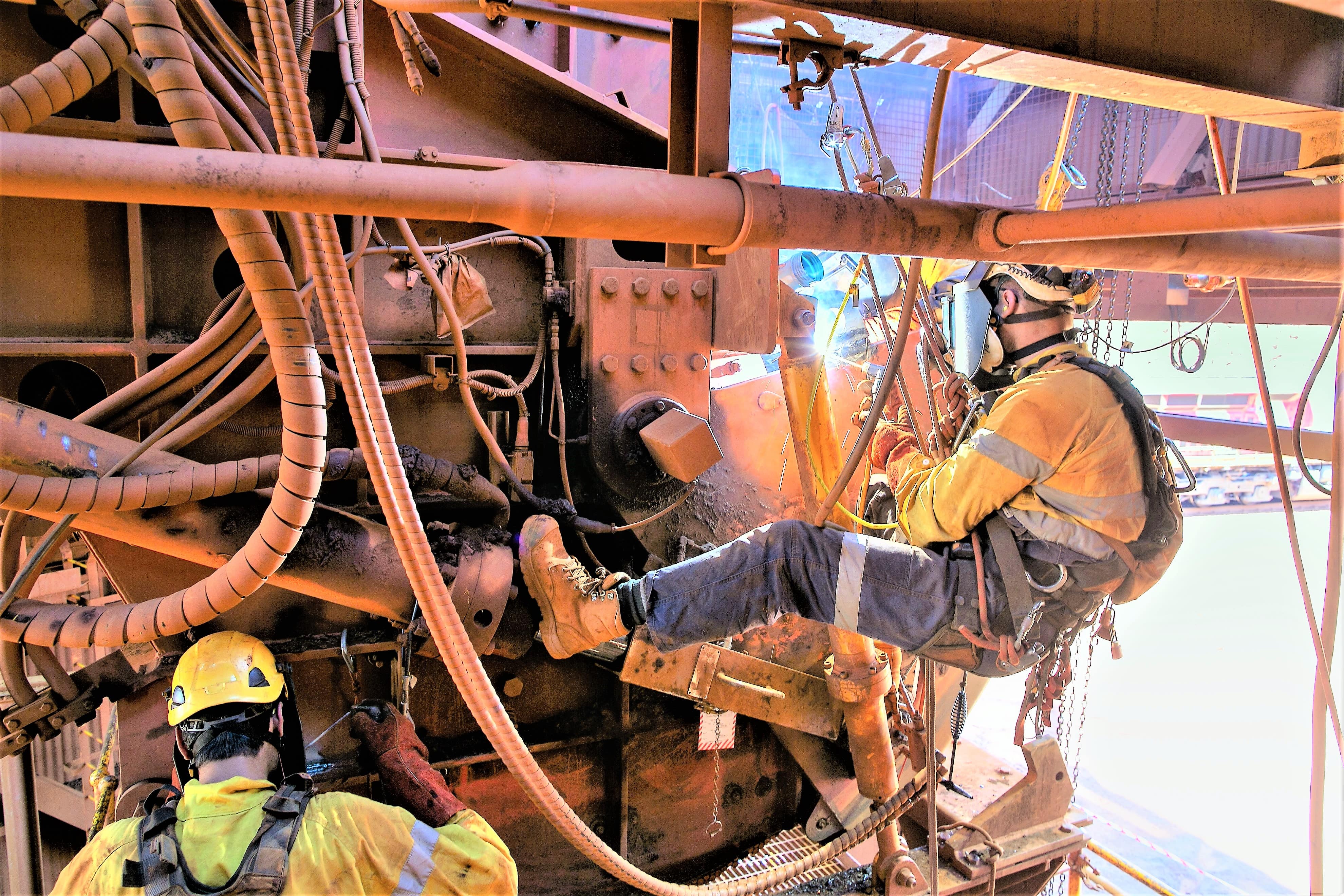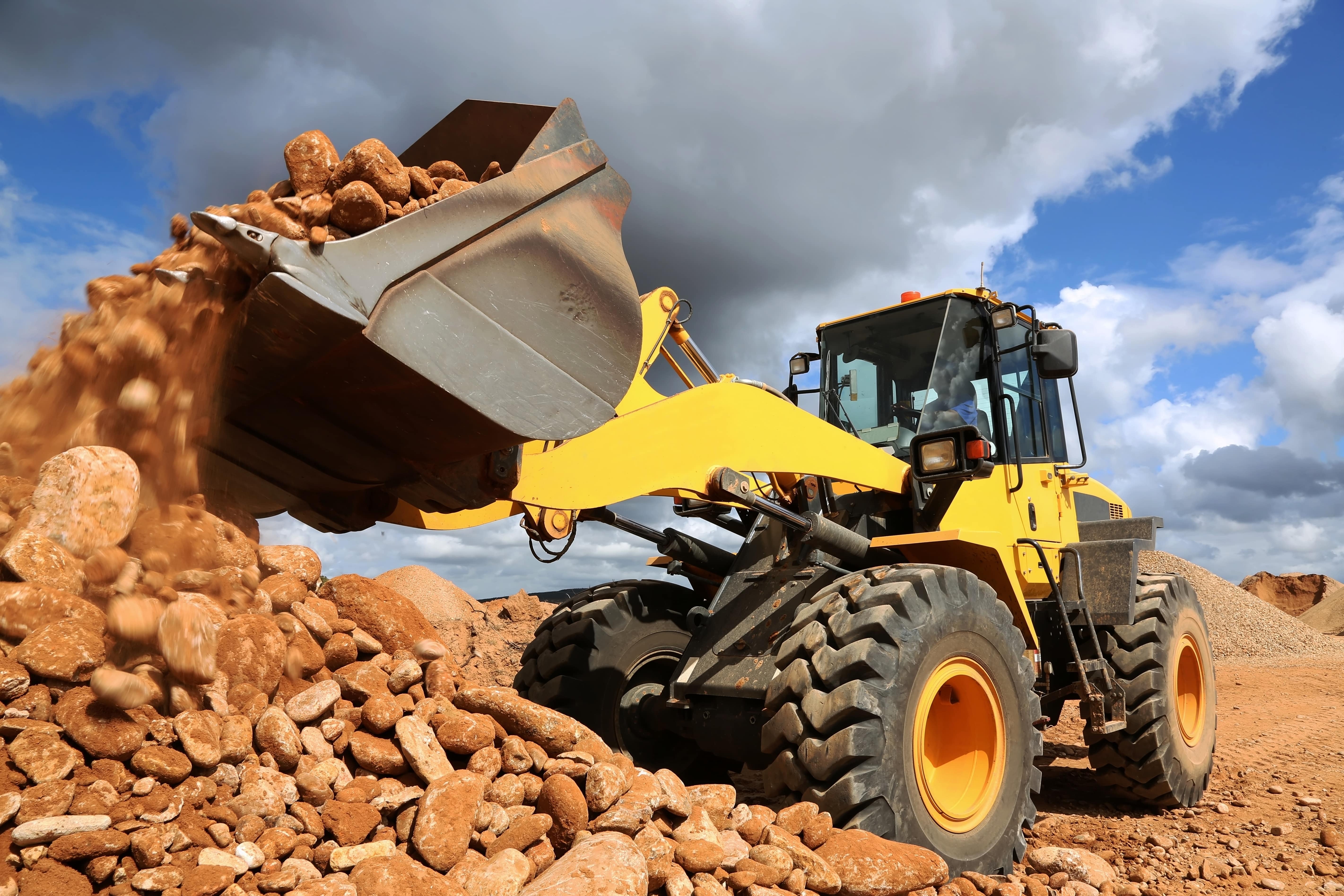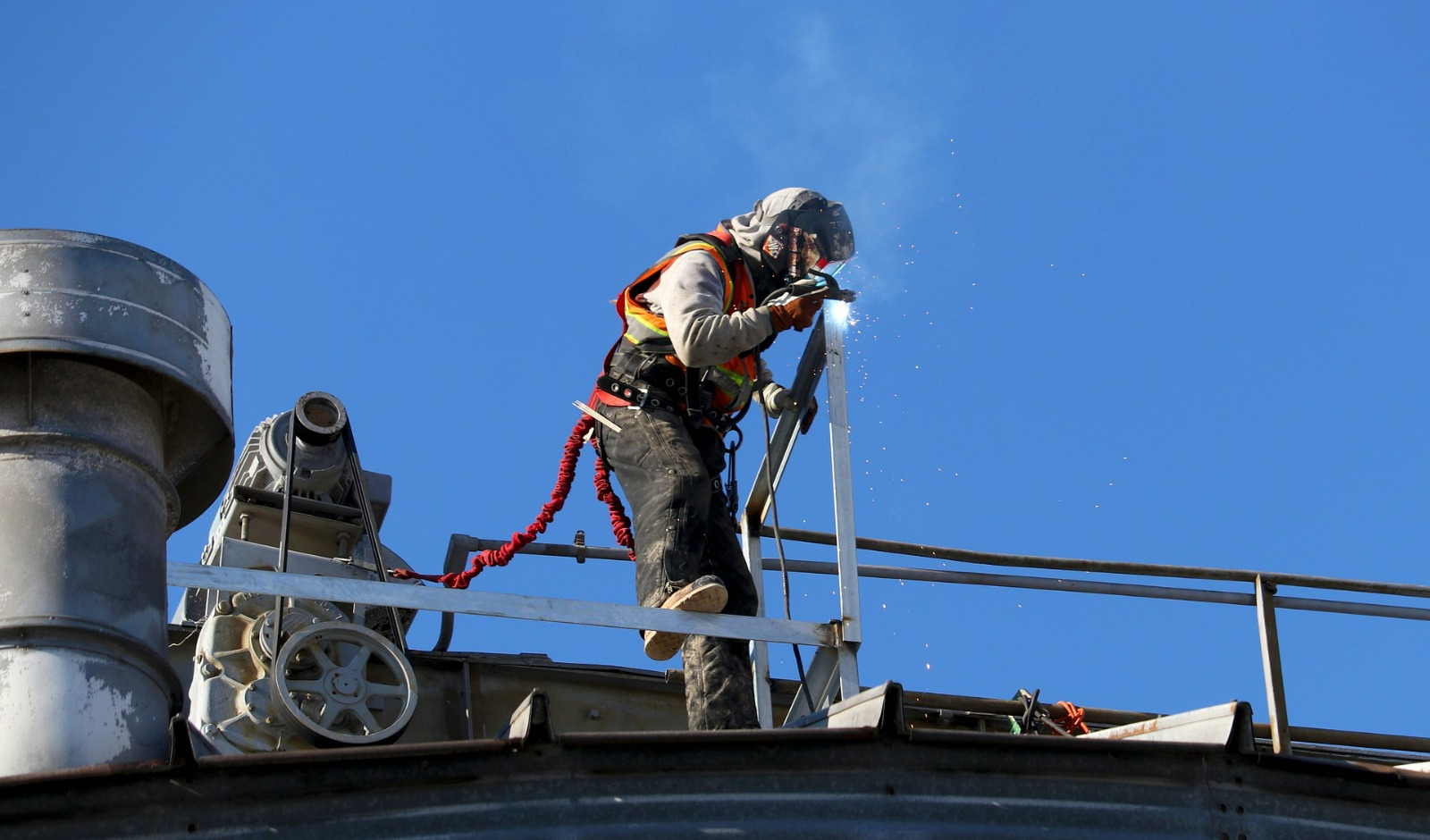
Welding to ISO 3834
Milo Steel is an ISO 3834 certified company, providing fusion welding services within a full quality controlled manufacturing process, also known as a “factory production control system”.
AS/NZS ISO 3834 controls the entire lifecycle of the welding process, from design right through to inspection. It considers all aspects that could affect weld quality, making it essential for high quality aluminium fabrication, since it is impossible to undertake complete verification of a welded joint without destroying it.
